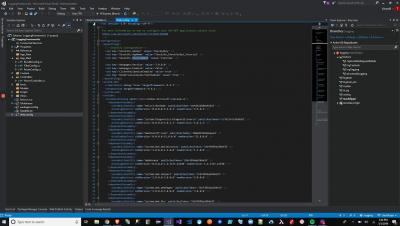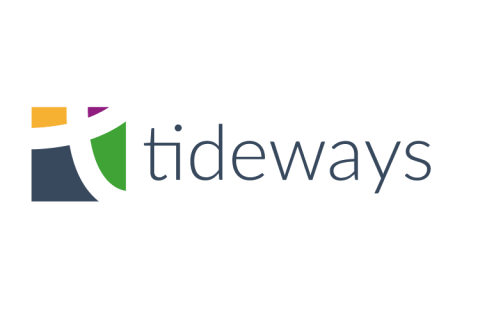Reactive X: RxJava Data Flows: Observable, Flowable, Single, Maybe and Completable
Reactive programming is a programming technique for asynchronous applications that lets you structure your code based on “reaction” to data input changes instead of an imperative programming style where you have to poll or block and wait for changes to happen. If you’re not 100% familiar with ReactiveX (RxJava being the implementation for the JVM), perhaps you know Java Stream, which is a similar concept introduced in Java 8.











